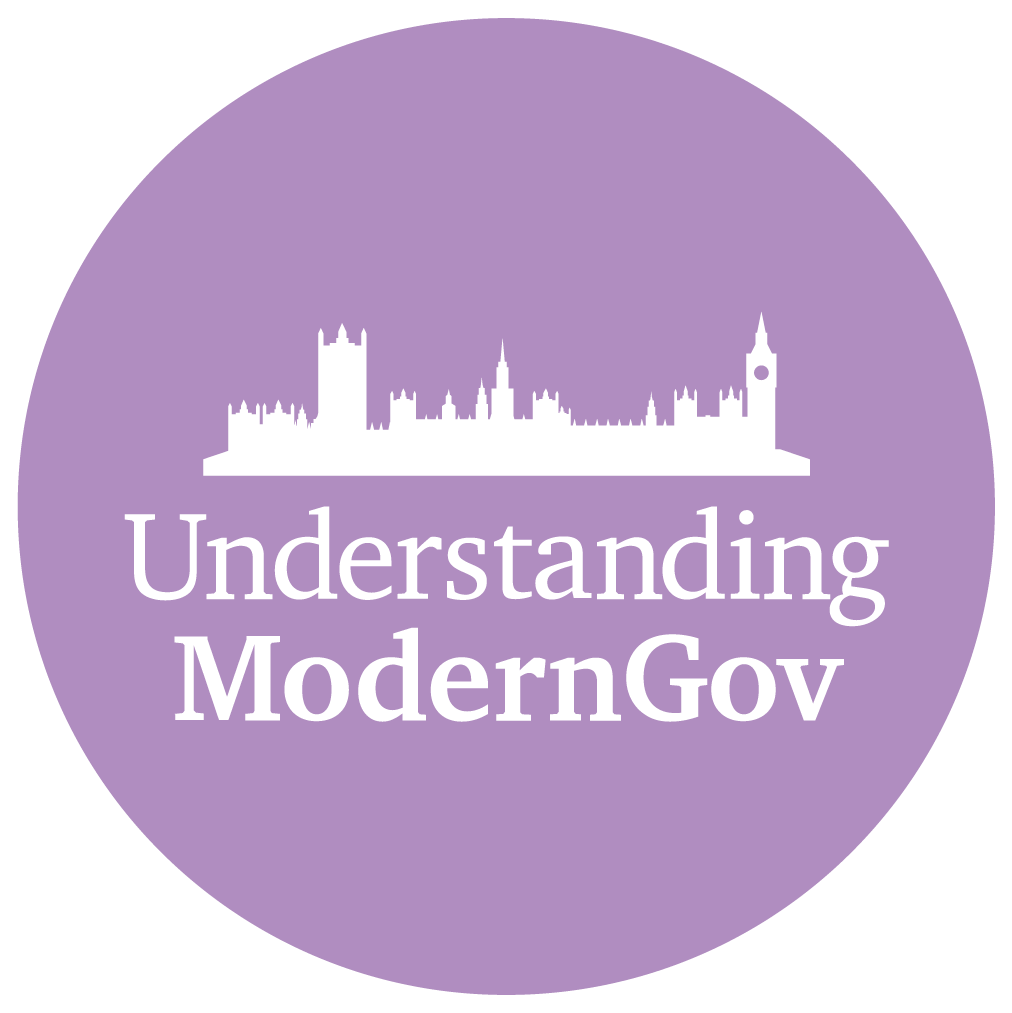
Service Improvement
Why Customer Service Matters in the Public Sector
The public sector is one of the biggest service providers in the UK, employing around 5.7 million people (ONS, 2022).
The quality in service provision can vary widely, often resulting in an inconsistent and frustrating customer experience. When these service providers put customer service at the forefront of their provision, the benefits are clear and include cost savings, fewer complaints and increased staff retention rates.
SERVICE IMPROVEMENT
Effective Written Responses to Complaints in Education
Improve Your Written Responses to Complaints
SERVICE IMPROVEMENT
Service Design for the Public Sector
Unlock the Potential of Your Services
SERVICE IMPROVEMENT
Effective Written Responses to Complaints in the Public Sector
Improve Your Written Responses to Complaints
17 October, 2024
09:25 - 16:15
SERVICE IMPROVEMENT
Handling Aggressive Verbal Complaints
Defuse and Mitigate Aggressive Behaviour
4 June, 2024
09:25 - 16:15
24 September, 2024
09:25 - 16:15
5 December, 2024
09:25 - 16:15
Masterclass: Handling Suicidal Conversations
Learn effective communication techniques and greater confidence to manage and handle suicidal conversations in a sensitive way.
SERVICE IMPROVEMENT
SERVICE IMPROVEMENT
Handling Conversations and Complaints with Vulnerable Service Users
Support vulnerable people with empathy and compassion
SERVICE IMPROVEMENT
Effective Public Sector Complaint Handling
Use practical examples to focus on how best to investigate complaints and resolve them and ensure your final response is as robust as possible.
14 May, 2024
10:00 - 15:00
SERVICE IMPROVEMENT
Developing Effective Written Responses to Complaints in Healthcare
Excel at Accurate, Compassionate and Comprehensive Correspondence
25 April, 2024
09:25 - 16:15
Hello! Welcome to our new Service Improvement page. Do you handle and respond to complaints at your organisation and need to develop these skills?
You can find a range of courses and content here!
What is The Government’s Service Standard?
The Service Standard helps teams to create and run great public services.
Understand users and their needs
Solve a whole problem for users
Provide a joined up experience across all channels
Make the service simple to use
Make sure everyone can use the service
Have a multidisciplinary team
Use agile ways of working
Iterate and improve frequently
Create a secure service which protects user’s privacy
Define what success looks like and publish performance data
Choose the right tools and technology
Make new source code open
Use and contribute to open standards, common components and patterns
Operate a reliable service
Complaints Procedure – Department for Education – Gov.UK here
How to Reduce Customer Complaints – 5 Ways:
Use advanced technology to keep on top of safety issues
Provide exceptional customer service
Be sure to deliver on promised standards
Ask for feedback
Find the root of the problem
Complaints to the Public Sector – Do they make a difference?
Have a look at experts discussing why people don’t tend to complain about public services and how complaints can drive improvement on The Guardian here
What are the 6 Principles of Good Complaint Handling?
Getting it right.
Being customer focused.
Being open and accountable.
Acting fairly and proportionately.
Putting things right.
Seeking continuous improvement
Looking For Bespoke Team Training?
All of our training courses can be customised and developed specifically for your team or organisation and presented on-site at your offices, at an off-site suitable location or virtually
Enquire Here >
Service Improvement
-

How Service Design Can Transform Public Sector Performance
In today’s modern world, public sector organisations face mounting pressure to deliver efficient, budget-friendly services to their users. -

Responding to Written Complaints in Education: Addressing Concerns From Students & Parents
There are different types of written complaints to consider when working in a school or higher education.
Become Part of the Understanding ModernGov Community
